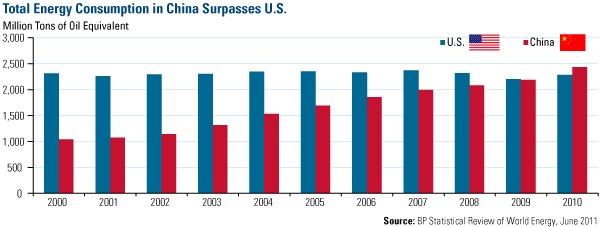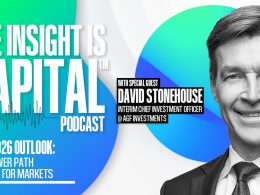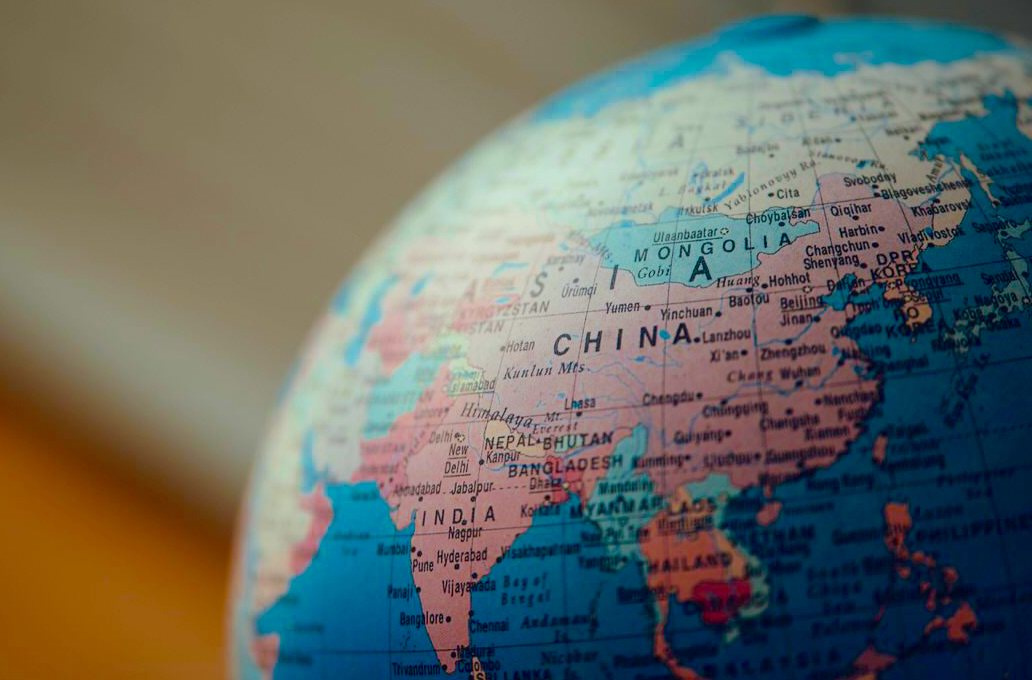World consumption of energy has increased 5.6 percent in 2010, according to BP’s Statistical Review of World Energy. This is the largest increase since 1973, which happened to be a memorable year in energy history. At the time, the U.S. was by far the largest consumer of energy, devouring 1,812 million tons of oil equivalent (mtoe)—more than 30 percent of the world’s total—as the country faced an energy crisis, oil embargo and record high oil prices.
In 2010, another pivotal moment occurred in energy history: The country consuming most of the world’s energy was no longer the U.S., but China.
China’s energy consumption rate grew 11.2 percent from the previous year, pushing the country’s total to 20 percent of global energy consumption. At 2,432 mtoe, China just beat out the U.S. (2,286 mtoe) for the top spot. China’s energy consumption in 2010 was more than double what it was in 2000.
Oil may be the first thing that jumps to mind when you think of energy usage, but coal is actually what powers China’s economy. Coal accounts for roughly 71 percent of China’s total energy use and consumption of coal has shot up 180 percent since 2000 (Read: Coal Use Shines Light on Growth).
China’s rise to the top of the energy pyramid isn’t surprising given China’s growth trend in recent years. The country already holds several “No. 1” positions: China has been the largest producer and consumer of coal and steel in the world. China replaced the U.S. as the world’s largest automobile market after 2009 vehicle sales skyrocketed in the country. And for the first time in 2010, the demand for gold in China was so strong, it outpaced the combined total of the developed West, which includes all of the U.S., France, Germany, Italy, Switzerland, the U.K. and other European countries.

What is surprising is that the trend of rising energy consumption has only just begun, when you compare China’s energy use on a per capita basis to other industrialized nations. In the early years of industrialization, the U.S., Japan and Germany consumed an accelerating amount of energy per person before leveling off. South Korea, whose path many think China will follow, saw its per capita energy usage increase five-fold in less than two decades as the country industrialized.
 Despite its growth, China isn’t there yet. Although the country’s per capita consumption has begun climbing upward at a steeper pace around 2005, there is still a rather large gap to close before reaching developed world levels.
Despite its growth, China isn’t there yet. Although the country’s per capita consumption has begun climbing upward at a steeper pace around 2005, there is still a rather large gap to close before reaching developed world levels.
But it’s possible. Mix together China’s rising income levels, the government’s social housing plan, and an aggressive transportation effort that will link 700 million people across more than 250 cities, and we could see the next phase of China’s industrialization take shape over the next decade. Regardless, China will likely consume a record level of energy and commodities for the foreseeable future and this keeps us long-term bullish across the whole natural resources spectrum.
![]()












